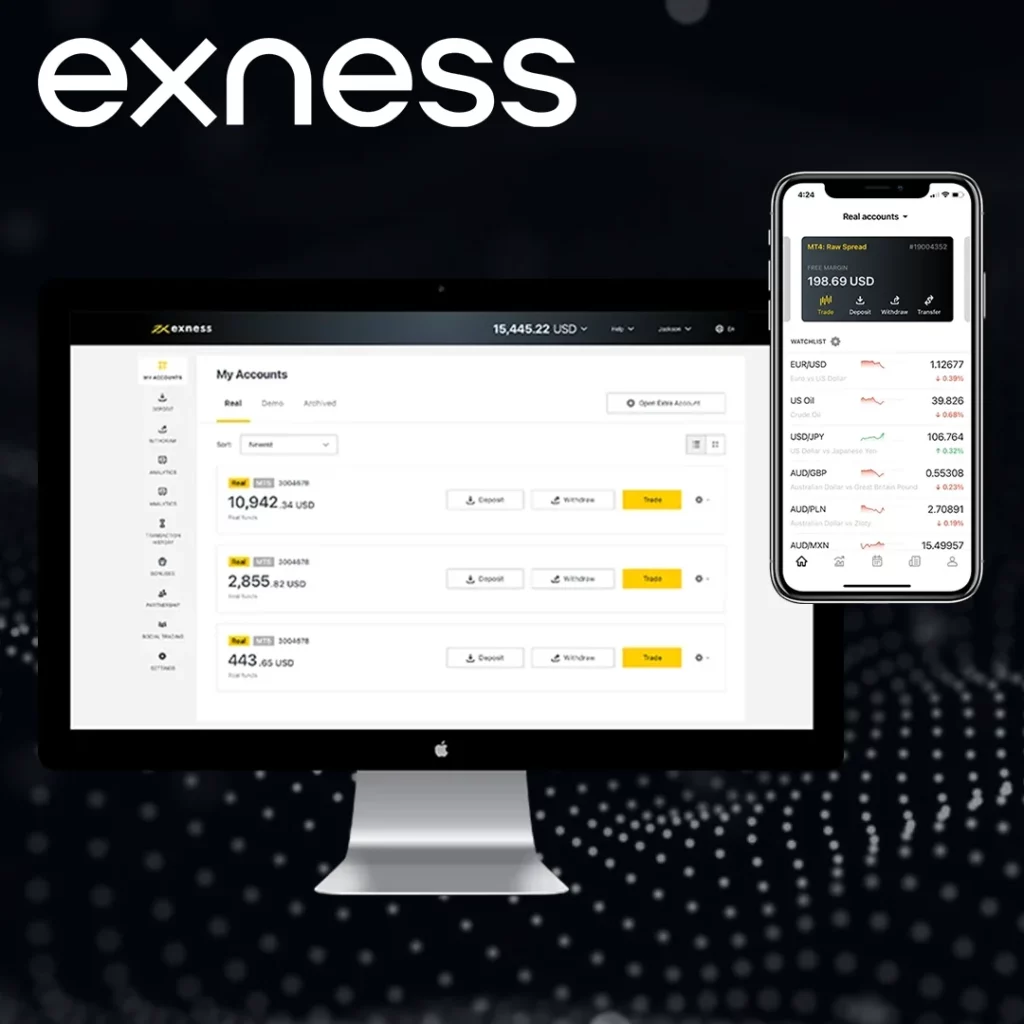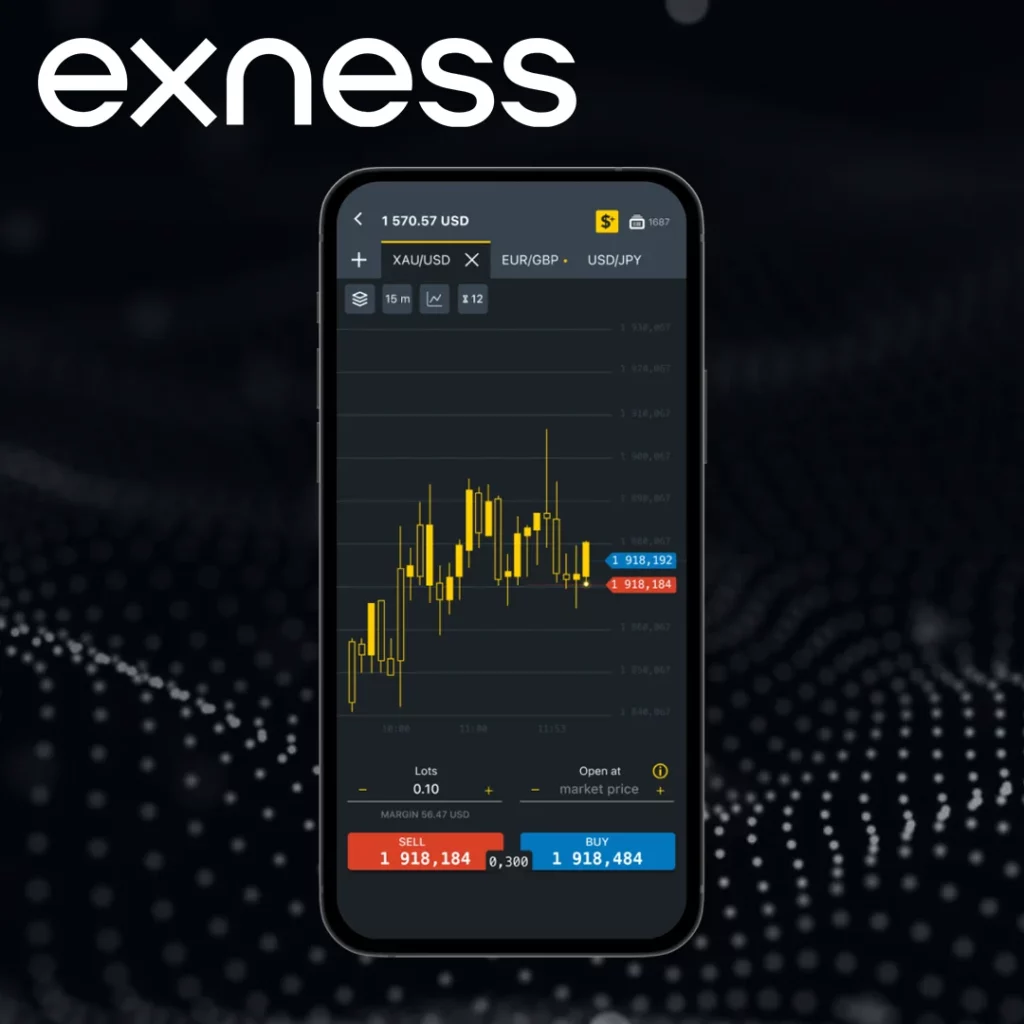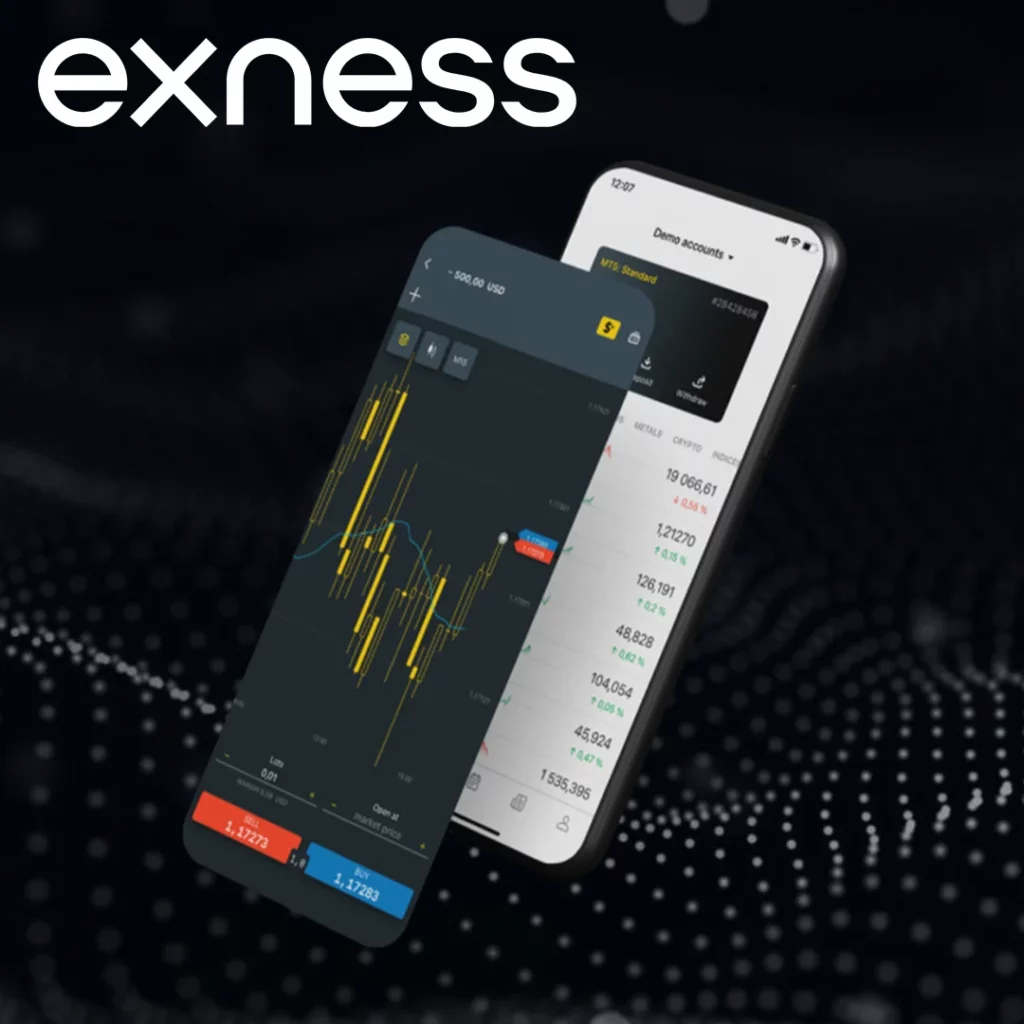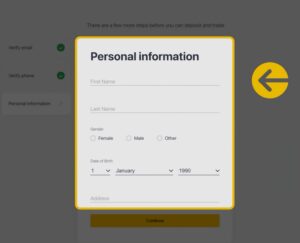Trading contests on Exness attract both newcomers and experienced market participants. These events combine live market practice with competitive spirit, allowing participants to measure skills against others while working under real trading conditions. Each contest follows strict rules and transparent scoring criteria, which makes the outcome fair and measurable. For many, these competitions serve as an opportunity to test strategies, refine discipline, and strengthen decision-making.
How Exness Trading Contests Work
A trading contest usually runs for a fixed period, such as one week or one month. Participants receive access to dedicated contest accounts where performance is tracked in real time. Ranking depends on key factors such as account growth, profit percentage, and risk management.
Typical rules include:
- Registration before the contest deadline.
- Trading within defined instruments or account types.
- Monitoring of account equity and margin levels to prevent reckless behavior.
- Final results based on balance or percentage growth rather than single high-risk trades.
This system ensures that results are based on consistent performance, not random luck.
Advantages of Taking Part
Exness contests are structured to highlight trading skills rather than luck. Several aspects make them appealing:

- Practical Testing Ground – Participants can apply strategies in a competitive setting without relying on theoretical assumptions.
- Risk Awareness – Since positions are monitored, reckless behavior usually leads to disqualification, which teaches the importance of discipline.
- Motivation – Competing against others creates pressure that resembles real professional environments.
Common Contest Formats
Different contests can take place throughout the year. Formats vary depending on goals, participant levels, and instruments included. The most common structures are:
| Format Type | Description | Duration |
| Demo Account Contest | Participants trade in demo accounts with virtual funds, rankings based on growth | 1–4 weeks |
| Live Account Contest | Real-money competition, higher intensity, results tracked by percentage gain | 1 week–3 months |
| Team Contest | Traders compete in groups, scores averaged among members | 2–6 weeks |
Each style introduces unique challenges, from building consistency in demo environments to handling pressure in live accounts.
Rules and Conditions
Participation in Exness trading contests comes with clearly outlined rules. These conditions ensure fair competition and help participants maintain discipline. While details may vary from one contest to another, most include the following elements:
| Rule Category | Explanation |
| Account Type | Only specific accounts are eligible (demo or real). |
| Instruments Allowed | Trading is restricted to a selected group of currency pairs or CFDs. |
| Leverage | Often capped at a fixed ratio to prevent excessive risk-taking. |
| Minimum Trades | A certain number of trades may be required to qualify. |
| Withdrawal Policy | Funds in real contests can be withdrawn only after the event ends. |
| Ranking Method | Winners are determined by equity growth or profit percentage, not absolute gain. |
Strict monitoring reduces manipulation and ensures that performance reflects consistent decision-making rather than one lucky position.
Tips for Success in Exness Contests

Winning a contest requires more than luck. Discipline and preparation often separate the top performers from the rest. Traders who consistently perform well follow structured methods:
- Plan Before Entering – Define the instruments and strategies to use before the contest begins.
- Manage Risk Strictly – Avoid oversized positions; a single bad trade can wipe out days of effort.
- Focus on Consistency – Multiple small, steady profits usually outperform aggressive one-off gains.
- Keep Emotions in Check – Pressure increases during competition; controlling emotions prevents poor decisions.
- Track Performance Daily – Regularly review equity, margin, and open positions to avoid surprises.
This approach turns contests into learning opportunities rather than pure competition.
Why Contests Matter
Exness contests go beyond short-term prizes. They give participants exposure to conditions that mimic professional trading desks. By competing, traders build habits that can carry over into long-term investing. The lessons learned include discipline, controlled leverage use, and measured risk exposure. These habits are critical for anyone aiming to progress from individual retail activity to consistent market participation.
Prizes and Recognition
Competitions often include both monetary rewards and recognition within the trading community. Prizes vary depending on the event structure, but they typically include:
| Prize Type | Description |
| Cash Rewards | Direct transfers to trading accounts or bank cards. |
| Trading Credits | Bonus funds that can be used for further trading. |
| Gadgets and Tech | Devices such as laptops, smartphones, or tablets. |
| Recognition | Leaderboard rankings, certificates, or mentions in official channels. |
While cash prizes motivate participation, recognition also plays an important role. A high ranking in a competitive event can build credibility, which is especially valuable for traders who want to establish themselves in online communities or pursue trading as a professional career.
Common Mistakes to Avoid
Many participants fail not because of a lack of strategy but due to avoidable errors. The most frequent mistakes include:
- Overleveraging – Using the maximum possible leverage in pursuit of quick gains often results in margin calls.
- Ignoring Rules – Overlooking contest restrictions (such as minimum trade volume or instrument limitations) can lead to disqualification.
- Chasing Losses – Trying to recover from one bad trade by doubling exposure usually makes results worse.
- Neglecting Risk Management – Trading without stop-loss orders leaves accounts exposed to sudden moves.
- Overtrading – Placing too many trades in a short period leads to poor decision quality and reduced focus.
Avoiding these pitfalls requires patience, strict self-control, and a methodical approach to every contest.


Trade with a trusted broker Exness today
See for yourself why Exness is the broker of choice for over 800,000 traders and 64,000 partners.
FAQs
How do traders join Exness trading contests?
Registration usually takes place through the personal area. Participants select the contest, open the required account type, and follow the event’s instructions before trading begins.



